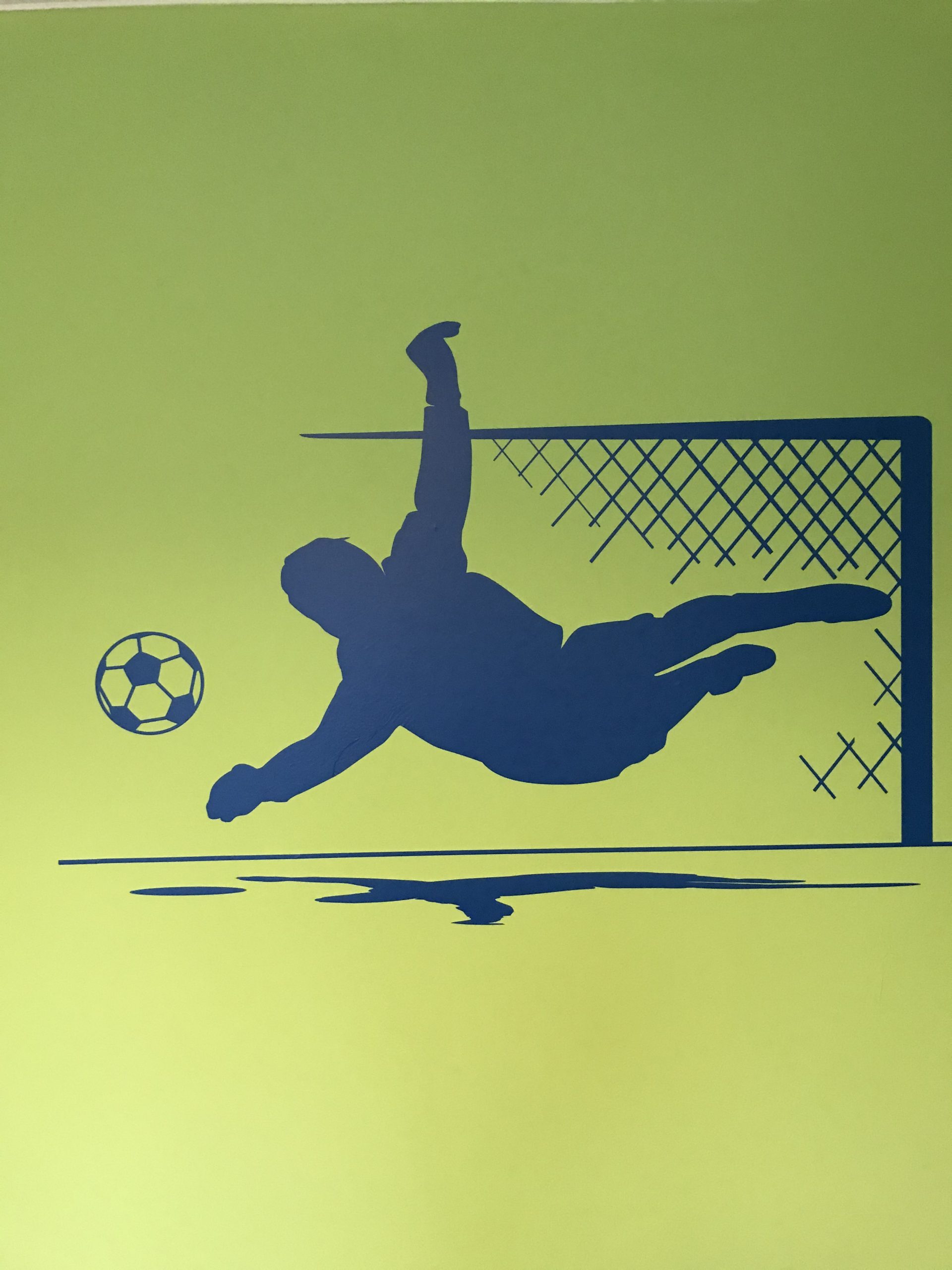Are we, as football and cricket coaches, the determining factor in whether a child “makes it” or not? Are we, in other words, responsible for a child’s sporting development? No, we’re not – and neither, I would argue, are the child’s parents. We all have a role to play, but the only person who can drive that player to the highest level they can get to is the child themselves.
The power of practice
First, we need to be clear about where expertise comes from and how children develop it – at football, cricket, tennis, piano playing, drawing, woodwork, debating, or indeed anything at all.
The short answer is that it comes from practice. And lots of it.
Malcolm Gladwell, in his book Outliers, popularised the idea that expertise comes from, on average, 10,000 hours of practising something. It’s become a remarkably durable idea, repeated with variations in many other people’s work (Matthew Syed’s Bounce and Angela Duckworth’s Grit spring to mind).
If you’re a cricket coach, working with junior players for an hour a week in training for, say, 20 weeks of the year between January and July, and your players play a two-hour match each of those weeks and – and this is a stretch, but it makes the maths easy – they’re deeply involved in the entire match, then they’re going to play 60 hours of cricket a year.
Clearly someone is not going to develop significantly with that level of practice. You don’t have to agree with Gladwell and the rest of the body of scientific opinion to see that.
But even a player who has qualified for a representative team and therefore may play double that amount in a year; and let’s say does another 10-week term of hour-long net practice at a private coaching academy too. So they’re up to 130 hours of cricket a year.
It would still take them 76 years to clock up the 10,000 hours of practice that scientists think is needed to gain expertise.
Of course, by “expertise” here we’re talking about playing to an elite level – being to cricket what the Beatles were to music: we’re talking Don Bradman, Sachin Tendulkar and a few others. 130 hours of cricket practice for 15 years might get you to the standard needed to play for a top-level club or even a county team, given other genetic and environmental variables going in your favour. But it’s unlikely.
The limits of a coach
The corollary of saying that expertise comes from practice is that it doesn’t come from teaching.
Teaching is important, of course – children aren’t born with an innate knowledge of how to perform complex skills like bowling in cricket or a golf swing.
But neither do all children learn such skills from a cricket or golf coach. Children learn lots of things by copying the adults they see around them: don’t underestimate the value of showing children a video of a top-level bowler or demonstrating it yourself if you want them to learn how to bowl in cricket.
There will inevitably always be a place for technical instruction – “you need to put this arm here”; “can you move this arm like this”; “try pointing your front foot in this direction” and so on. But that will only get children (and coaches) so far: a child can learn a technically perfect bowling action and still be a million miles from a standard we would call “expert”.
In other words, as coaches we are limited in what we can do to help children develop.
What can coaches do?
However, I would prefer to concentrate on what we can do as coaches. And the most obvious one, for me, is to try to inspire children to practice the skills they need as much as possible. There are various ways that we can do that, but it boils down to two things in my opinion:
- Make it fun, so they want to keep doing it, and
- Make it challenging, so they want to get better at it.
That means including lots of games in practices. It means having kids standing around queuing as little as possible. It means keeping long talks and detailed technical instruction from the coach to a minimum. It means cutting out anything kids find boring. (Most of that goes for lots of adults, too.)
As my FA Level 1 tutor, now an analyst for Marcelo Bielsa at Leeds United, said: “no laps, no lines, no lectures”.
So I believe that our role as coaches is as firelighters: to ignite a passion in children for the sports we coach them so that they go away, practice, improve, and come to us asking for help at getting better – and that’s when the detailed instruction can come in. But until then: let them play.
